Learn Ways to Help Your Child Soar!


Raising Readers
As a parent you want the best for your child, but sometimes it is hard to know just how to help. That’s where we come in. We have compiled a quick list of th…
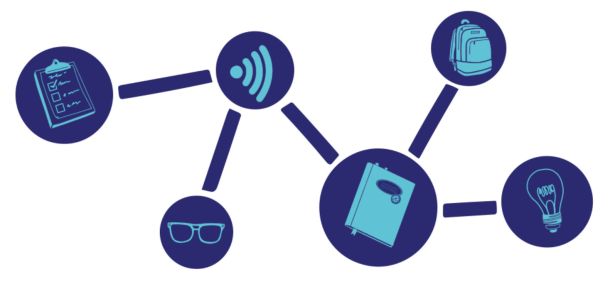
Why we LOVE the "Science of Reading" Method at ALS!
Here at ALS we follow the science of reading method. But what is that exactly? The science of reading refers to a body of research from the fields of ed…
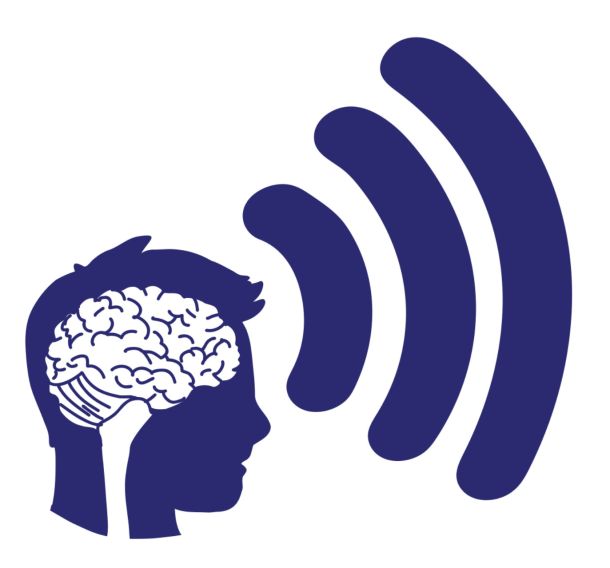
Quieting a Noisy Mind
“What are you thinking about?” is a question I used to ask a lot, and was always so baffled when someone said “Nothing”. That’s because I have a noisy mind…

Neuro... Now What?
The world is full of amazing people making new discoveries and ground breaking ideas. But let’s face it, sometimes it can be hard to keep up with all the new…
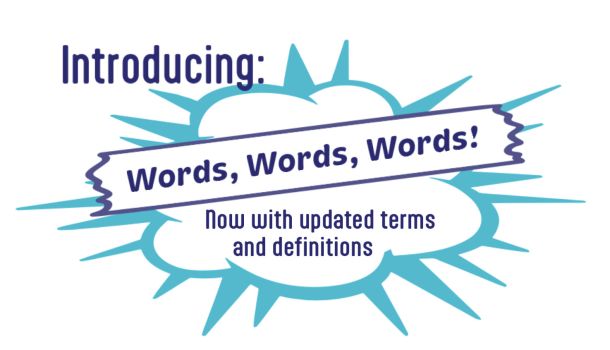
Words, Words, Words
There are a lot of terms used when talking about mental health - some of them are older and more familiar while others are newer and more accurate. Let…

What is Growth Mindset?
Grow Your Mindset
A Growth Mindset means that you recognize your brain is a muscle. Like all muscles, they need exercise to stay healthy and bec…

Expanding Your Child’s Vocabulary
Having an extensive vocabulary is an essential skill for self expression, communication and understanding. But for kids who struggle with motivation to do th…
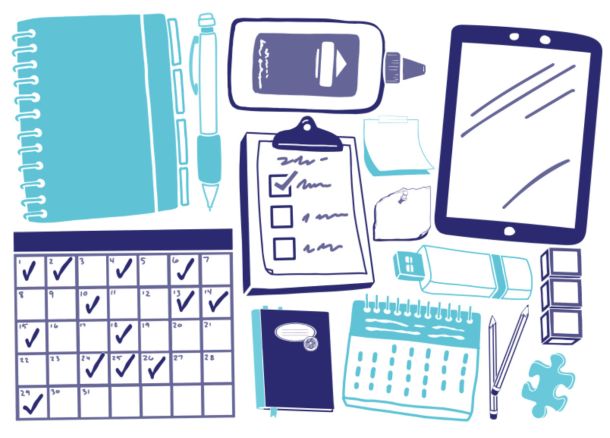
Organization : tips for back to school
Deep Clean - the first thing to get you started off on the right foot this school year is a good old fashion cleaning session. But don’t worry, your kids a…
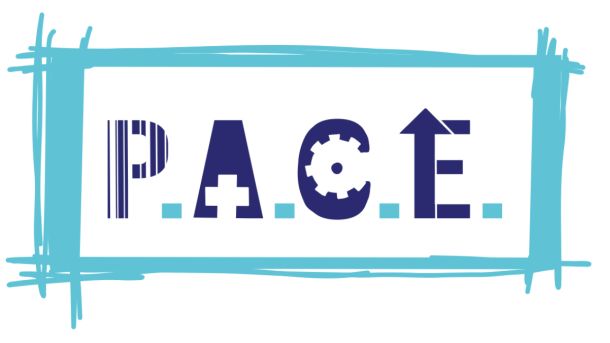
Keeping PACE at ALS
What is the Processing and Cognitive Enhancement Program (PACE)?
Austin Learning Solutions offers a program called PACE (Processing and Cognitive Enha…
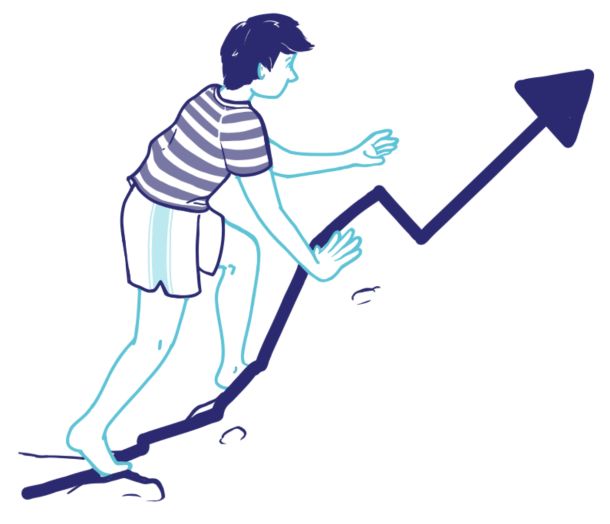
Improve Your Child’s Processing Skills at Home
Improving processing skills in children requires a targeted approach that focuses on developing their cognitive abilities. Here are some specific ways to enh…
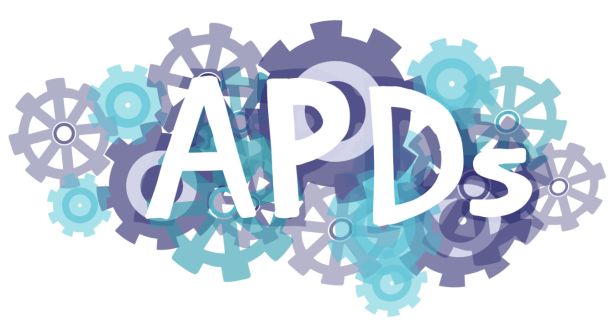
Can You Hear Me Now?
Auditory Processing is a multi-step neurological task that involves a complex neural network that can sometimes get its wires crossed. For those with Auditor…
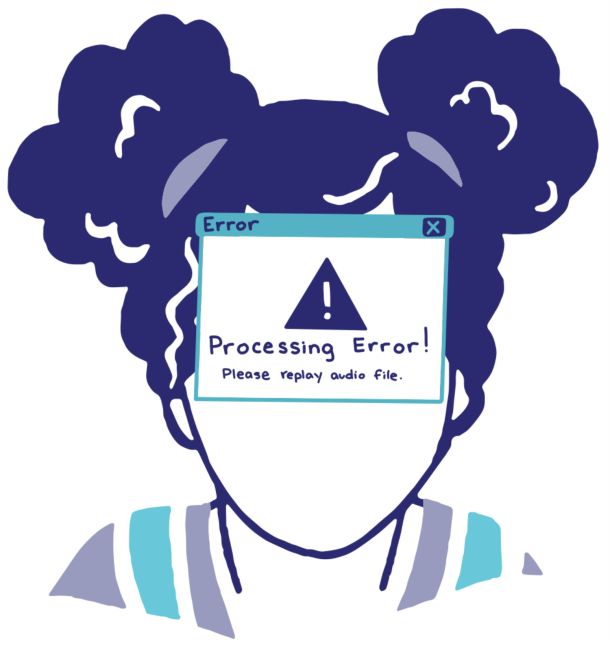
What Do Auditory Processing Disorders (APD) Look Like?
With statistics varying from 5% to 48%, it’s hard to say exactly what percentage of the population is affected by some form of an Auditory Processing Dis…